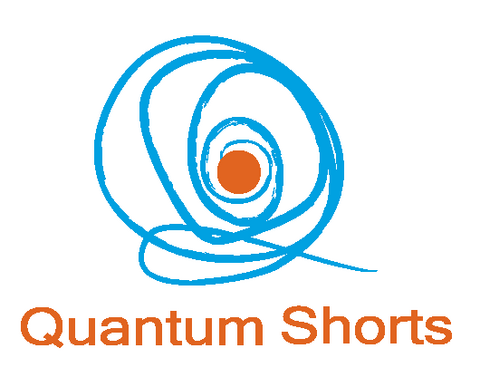RAC1 Journal Club/Seminar Series
Wavelength selective thermal emitters using nitride quantum wells and photonic crystals
Dr. Dongyeon Daniel Kang, Kyoto University
Wavelength selective thermal emitters are highly desired for the development of the compact/energy-efficient spectroscopic sensing systems capable of detecting various gases such as COx, CH4, and NOx, which are strongly needed in environmental science, medical care, and other industrial applications. In addition, for the latter applications, dynamic control of thermal emission intensity is important for such emitters because synchronous detection can increase the signal-to-noise ratio significantly.

 The
The